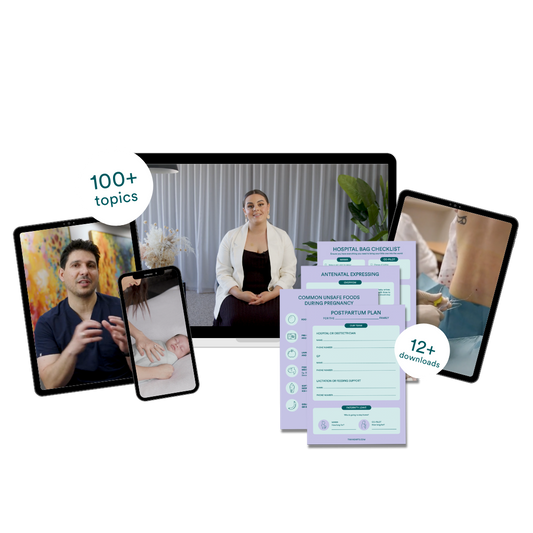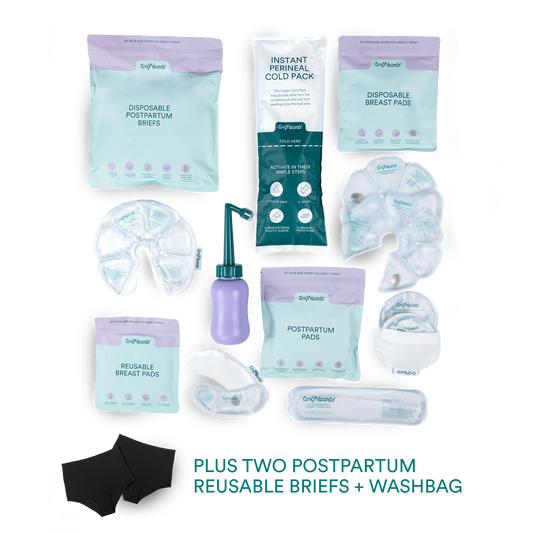Sometimes, in young children, it can be hard to spot if something is making them uncomfortable. Infants and toddlers can't always tell us when there's a problem. So, we have to become trained in looking for certain signs and symptoms to see if our bub is okay.
One of these annoying but common instances is Gastro-oesophageal Reflux or GOR for short. GOR can happen to anyone; infants and adults alike!
What Is Gastro-oesophageal Reflux?
Gastro-oesophageal Reflux or GOR is when the contents of your baby's stomach come back up their throat or into their mouth. This is because the muscles between their oesophagus and belly aren't fully developed. It can result in spit-up or vomiting, called “posseting".
Most babies will experience GOR in the first month of life but will quickly grow out of it — at around 18 months of age. It is rarely a severe condition. In some cases, if symptoms persist, your doctor can diagnose your baby with Gastro-oesophageal Reflux Disease, which is better known as GORD.
Symptoms and What You Can Do to Help
If your baby has GORD, there's a few signs and symptoms they will display like:
- Hard to settle, disrupted sleep patterns, fussy
- Persistent crying due to discomfort in their chest or stomach
- Arching of the back
- Poor weight gain
- Breathing or swallowing problems like wheezing or gagging
If these conditions worsen, your baby will need to see a doctor right away. You should see your GP immediately if your baby has:
- Blood or bile in their vomit
- Difficulty swallowing
- A Fever
- Won't eat or loss of appetite
- Vomiting continually or more than normalChronic cough
If your little one displays any of these symptoms or you just feel like something is off, contact your GP. If it is anything more severe than GORD, further tests will be done to ensure your baby is back on track and on the road to a quick recovery!
Treatment
Most cases of GOR resolve on their own and often don’t need any treatment. If the reflux is mild, we recommend trying to feed your bub in a more upright position. After you’ve finished feeding, keep them upright for 30 minutes.
If this doesn’t help, your GP may suggest thickening breastmilk with rice cereal or a thickening agent until symptoms clear. If they’re formula-fed - your GP may recommend thickening the formula or using pre-thickened formula. Before doing this - please chat with your doctor to see what they recommend!
In some cases, medication may be prescribed to reduce the acid in the stomach or to treat an underlying infection.
Keen to learn more about the first few months of your baby’s life? Book into a Tiny Hearts Bump, Birth and Beyond course, where our expert education will explain everything you need to know about breastfeeding, formula feeding and more! Click here to view dates or to book.








